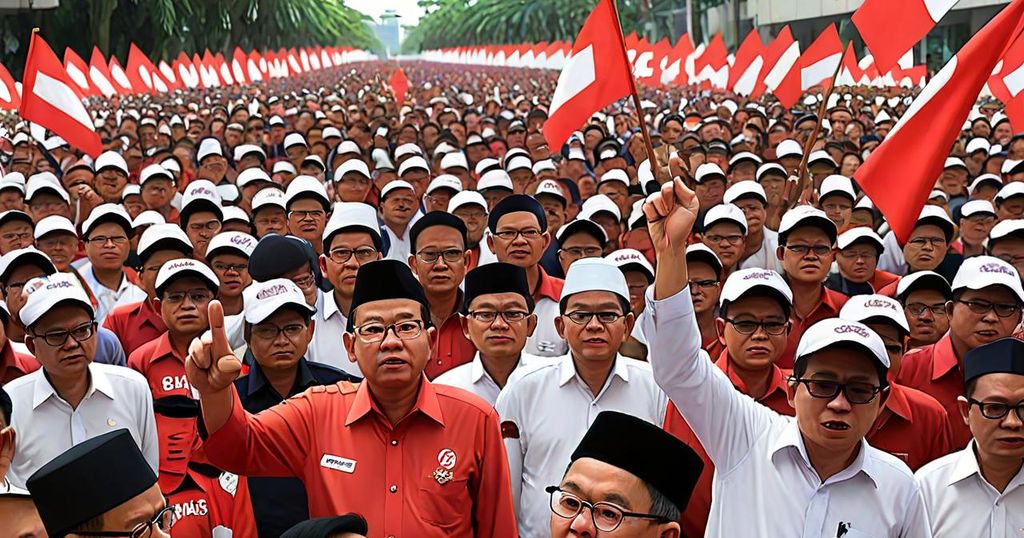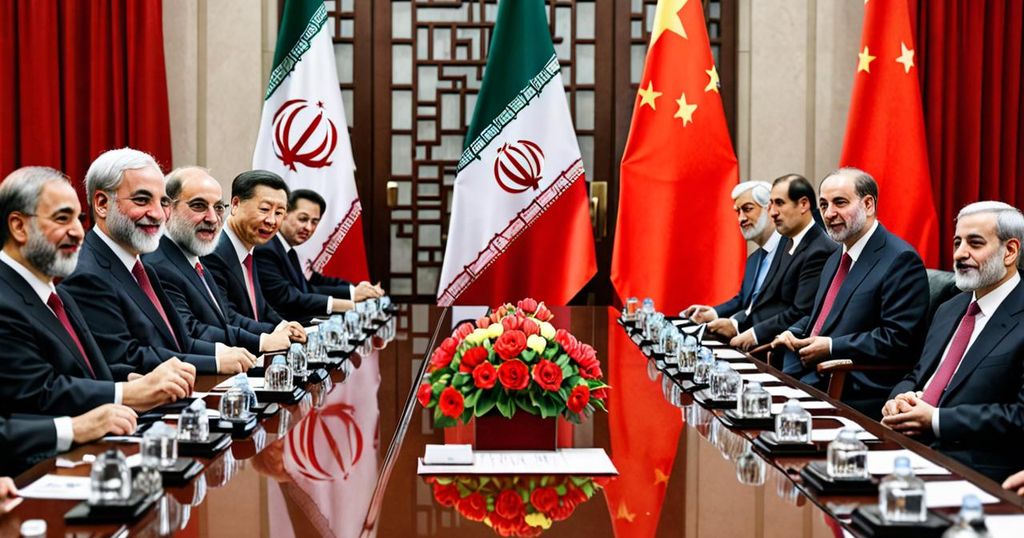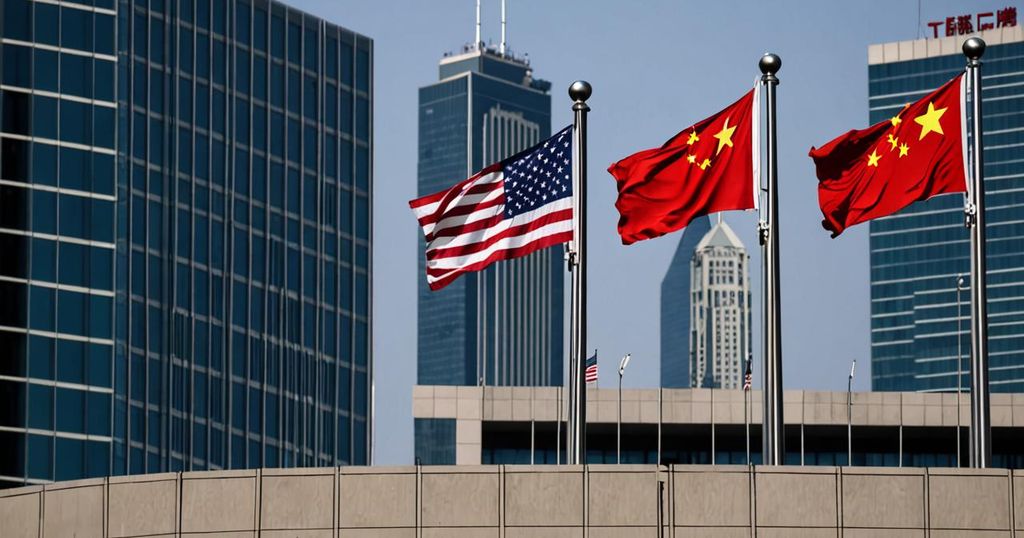Indonesia, the world’s third-most-populous democracy, is preparing for the upcoming presidential and legislative elections scheduled to take place this week. Since the implementation of democratic reforms in 1998, this will mark the fifth occurrence of such elections in the country.
With a population exceeding 270 million spread across 17,000 islands and representing approximately 1,300 ethnic groups, Indonesia serves as a model of democracy in a region dominated by authoritarian regimes and emerging democracies. The impending presidential election will determine the successor to the incumbent President Joko Widodo, popularly known as Jokowi, who is concluding his second and final term.
The presidential race is currently a three-way competition between Defense Minister Prabowo Subianto, former governors Anies Baswedan, and Ganjar Pranowo. In the event that no candidate garners more than 50% of the votes in the first round, a runoff between the top two contenders is scheduled for June 26.
A multitude of candidates are vying for approximately 20,000 national, provincial, and district parliamentary positions across Indonesia. The national parliament alone will witness the participation of nearly 10,000 candidates from 18 distinct political parties. Furthermore, election laws mandate political parties to present a female candidate for every third position and achieve a minimum of 4% of votes nationwide to qualify for parliamentary representation.
The election process in Indonesia is inclusive, allowing citizens aged 17 years or older to vote. However, members of the police and military are prohibited from partaking in the voting process. Notably, over half of the registered voters for this year’s election are under the age of 40, underscoring the significance of the “youth vote.”
The voting process will span over 820,000 polling stations located across the three time zones of Indonesia and will be conducted from 7:00 a.m. to 1:00 p.m. The election will be overseen by approximately 7 million election officials and independent workers. Indonesian citizens residing abroad have been participating in the voting process since February 5, either at the 3,000 polling stations established in various countries or via mail, adding intricacy to the election process.
Given Indonesia’s strategic location, the country holds substantial geopolitical importance and plays a significant role in both regional and global affairs as a member of prominent organizations such as the United Nations, G20, and ASEAN. The political stability of Indonesia also contributes to the maintenance of regional peace and stability.
As per the Elections Law, the official vote-counting process may extend up to 35 days to be finalized. However, the public can anticipate the release of numerous early vote count results based on sampling. These preliminary results, referred to as “quick counts,” are regarded as reliable indicators of the final results. The newly elected president is slated to be inaugurated on October 20 and will be required to appoint a Cabinet within two weeks of assuming office.








